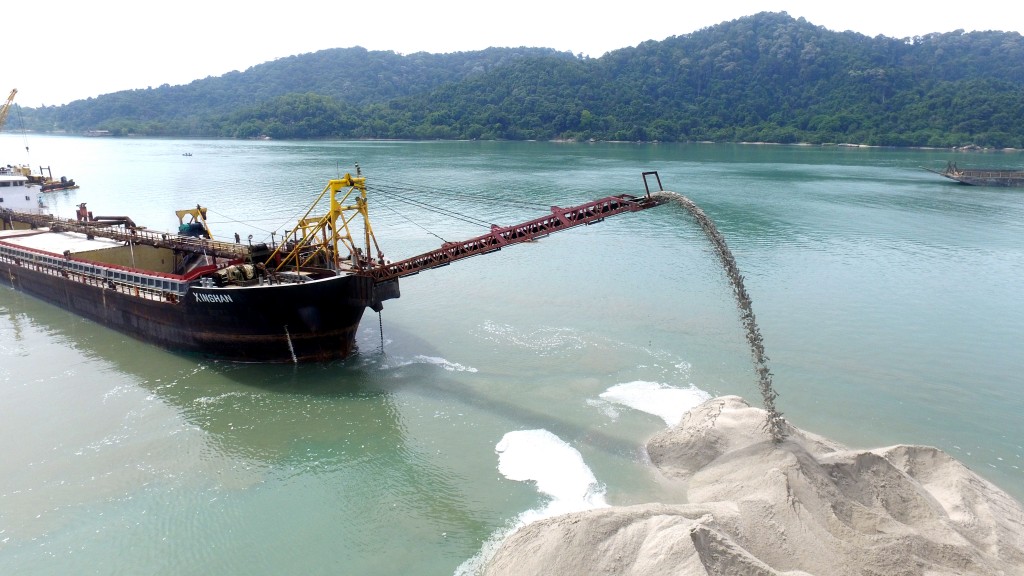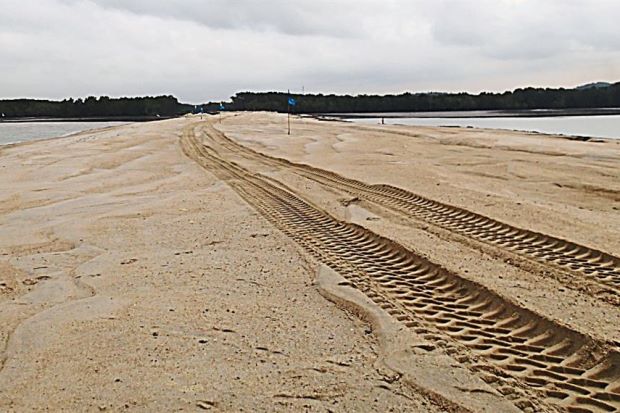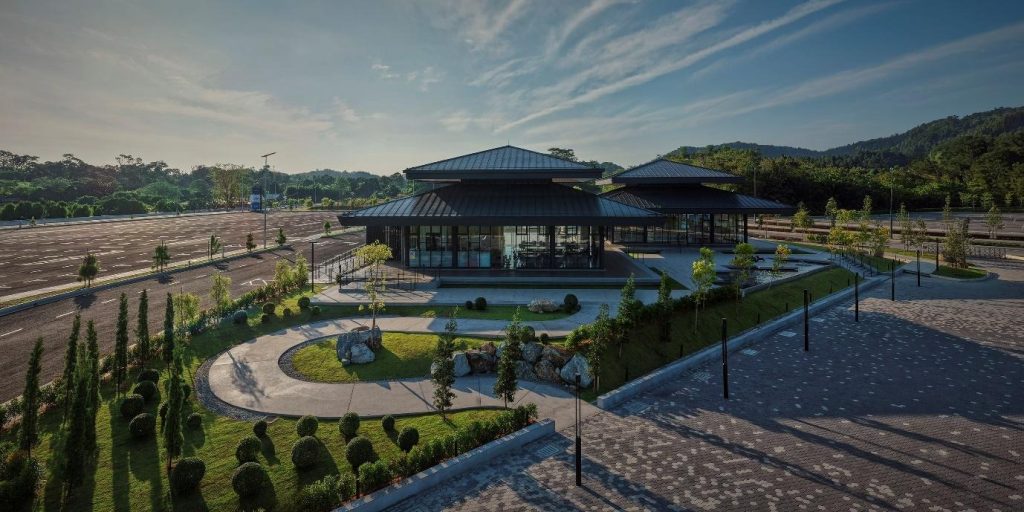By Viktor Chong
viktorchong@thestar.com.my
PLANET EARTH isn’t getting any bigger while our population continues to soar, especially from the Asian region. Constrained by borders and the ocean, coastal countries like Hong Kong and Macau are resorting to land reclamation measures to increase the amount of valuable land. Land reclamation in its most basic process involves the addition of rocks, soil and cement into the ocean or submerged wetland to create new land.
According to the United Nations Environment programme, Singapore is the largest importer of sand worldwide as of the year 2014. In 2010 alone, Singapore imported 14.6 million tons of sand. Such development has led to the loss of over 95% of Singapore’s mangroves and an enormous loss in coral reefs. As a result, Singapore had increased its land mass by 22% since Independence in 1965.
There are reasons to be concerned about the activities of land reclamation, as it could cause the destruction of coal bed and affect the marine life in the vicinity.

With Pulau Jerejak in the background, a trailing suction hopper dredger unloads sand to reclaim land near Queensbay Mall, Penang.
The dredging process also churns up sediments from the seafloor, polluting the water in the area. Local fishers suffer when the population of fishes dwindle. Reclamation could also clog up the shallow waterway with silts and mud.
Pulau Upeh, also known as some of the primary nesting sites in Malaysia for endangered hawksbill turtle, is being threatened by land reclamation. Once two kilometres out to the sea, Pulau Upeh is now only 600 metres offshore.
However, the need for land reclamation is understandable, especially when the poor are unable to access basic human rights such as shelter. When executed responsibly, the ecological damage can be minimised.
For example, the RM600bil Forest City development at Iskandar Malaysia has done extensive studies to minimise the impact to the marine life. Country Garden Pacific View executive director Mohamad Othman Yusof said at least 20 simulation studies were carried out before the reclamation was approved. Currently, the project's original size of 5,000 acres has also been cut by 30%, with "double silt curtains" being installed to prevent silt and sediment from spreading and polluting the waterway.
When done right, land reclamation could provide economic benefits, such as the creation of 62,200 jobs in the case of Country Garden.
Regardless, land reclamation can be a double-edged sword if not planned properly. The impact towards the ecosystem is not felt immediately, and we will feel the sting, eventually; if not us, then our children, or their children after them.
And a prudent person plans for the future.















































